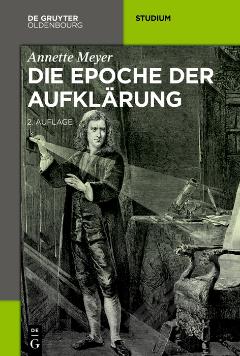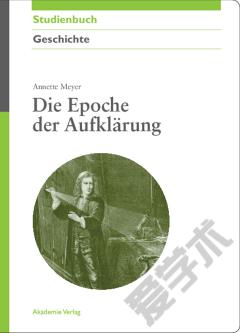Die Frühe Neuzeit. Revisionen einer Epoche
Under the guiding concepts ‘pluralization’ and ‘authority’, the series presents studies [of the Munich Collaborative Research Center (SFB) 573] on the Early Modern Age from the 15th to the 17th century. Increasingly, the cultural sciences recognize the Early Modern Age as an epoch that was dependent on the exigencies of medieval tradition, but at the same time created the preconditions for the transition of ‘Old Europe’ to the Modern Age. In contrast to the established historical grand narratives of modernization, secularization and progress, the dynamics of the epoch is conceived in the volumes of the series as complex, mutually competing world views, knowledge resources, norms and behavior patterns showing no clear direction. This interdisciplinary series explores the fundamental dynamics of this epoch from the perspectives of literature and linguistics, history, philosophy, and art, music and legal history.
{{comment.content}}








 京公网安备 11010802027623号
京公网安备 11010802027623号